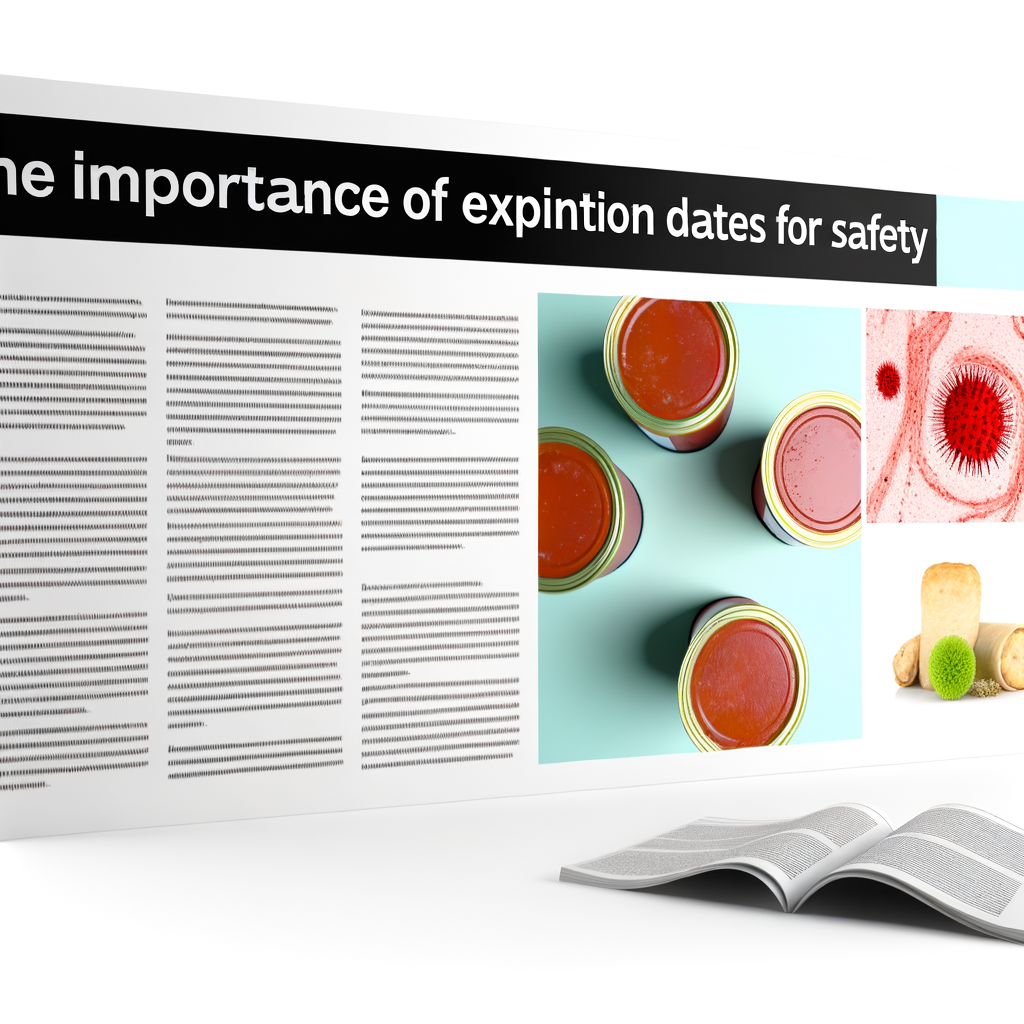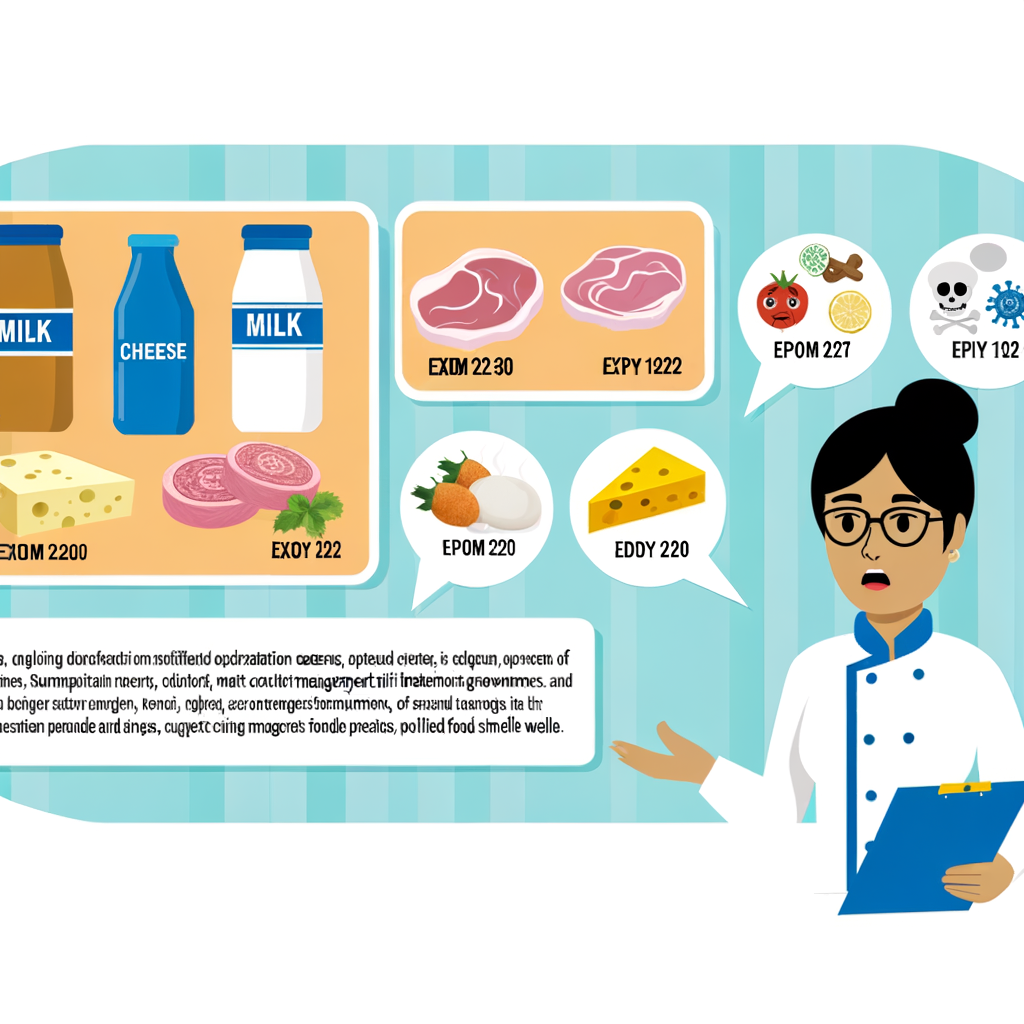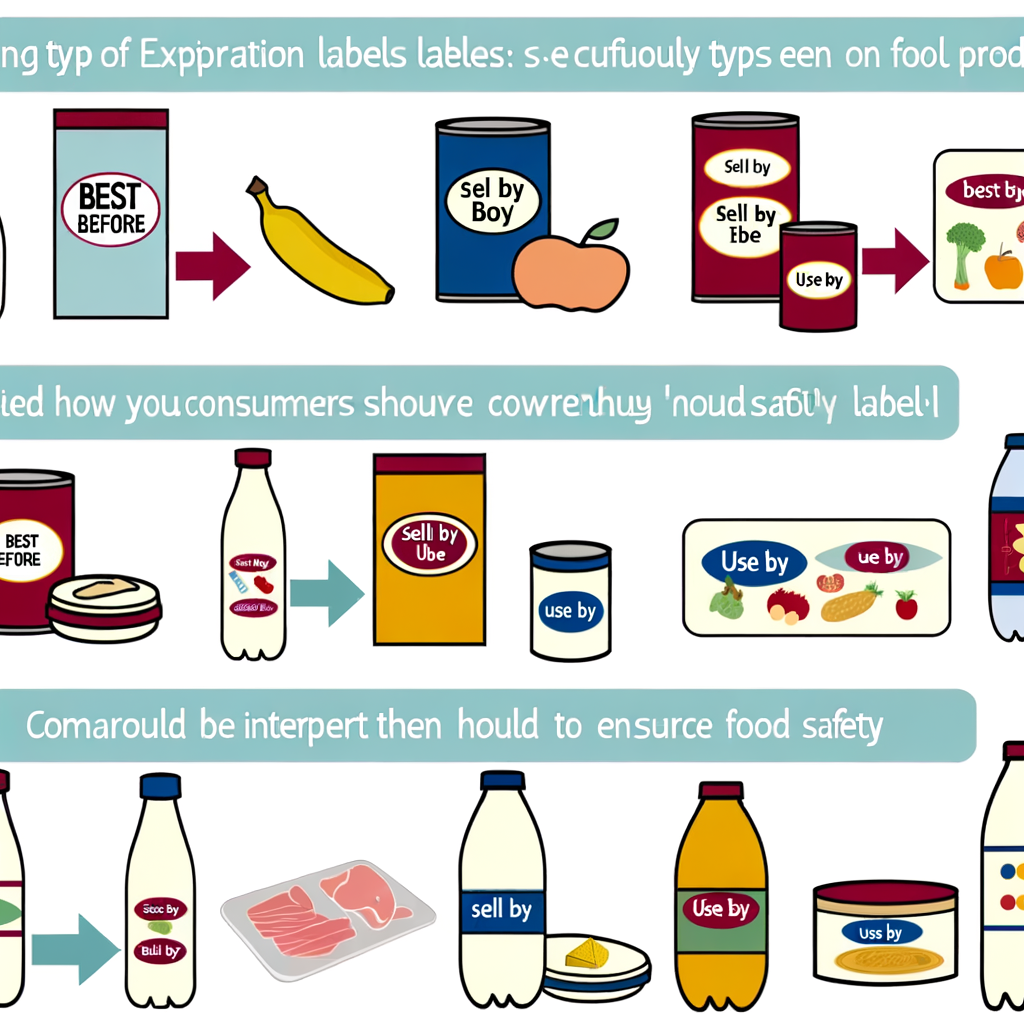As an expert chef, I have seen firsthand the impact of food safety on both individuals and the food industry. One particular area that often gets overlooked is the importance of expiration dates. Expiration dates are not just arbitrary numbers; they serve a vital purpose in protecting our health and well-being.
First and foremost, expiration dates are a way to ensure that we are consuming food that is fresh and safe to eat. They provide an indication of when the food was processed and packaged, allowing us to make informed decisions about what we put into our bodies. Eating expired food can lead to food poisoning and other health issues, which is why it is crucial to pay attention to expiration dates.
Another reason expiration dates are essential is that they help prevent food waste. By knowing when food is no longer safe to eat, we can avoid unnecessarily throwing out food that is still edible. This not only helps our wallets but also reduces the amount of food that ends up in landfills, which is a significant environmental issue.
It is also worth noting that expiration dates are not just for perishable items. Many non-perishable foods, such as canned goods, also have expiration dates. These dates indicate when the food is at its peak quality, and while it may still be safe to consume after this date, it may not taste as good as it should.
As consumers, it is our responsibility to pay attention to expiration dates and use them as a guide for our food choices. By doing so, we can protect our health, reduce food waste, and support the food industry in producing safe and quality food for all of us. Let’s make food safety a priority in our lives.





